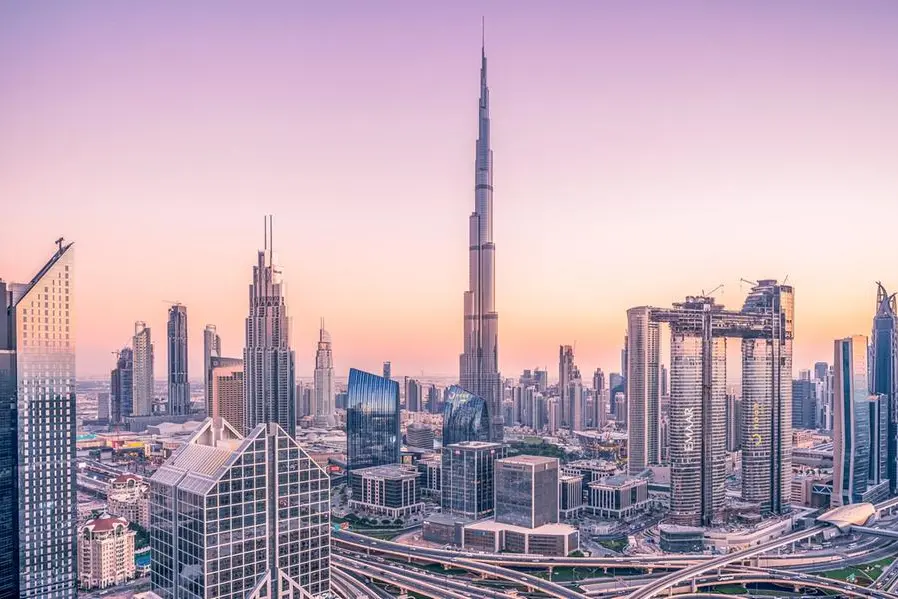PHOTO
Despite rising prices, Dubai's non-oil economy continued to expand for the second month in June as business conditions improved at the quickest pace in three years, a business survey showed on Wednesday.
The seasonally adjusted S&P Global Dubai Purchasing Managers' Index (PMI) rose to 56.1 in June from 55.7 in May and was the highest reading since June 2019.
"The uplift came despite a rapid acceleration in input cost inflation, driven by surging fuel prices and knock-on effects on material and transport costs," the PMI report said.
The survey, which covers the Dubai travel & tourism, wholesale & retail and construction sectors, showed that travel & tourism was still the key driver of growth as related activity rebounded sharply following the lifting of border restrictions.
In addition, after falling in May, new work at construction firms saw a renewed pick-up in the latest survey period.
However, companies saw a sharp and accelerated rise in input costs in June as fuel prices jumped due to global supply concerns. The rate of input cost inflation was the highest recorded since January 2018, driven by rise in costs across both construction and wholesale & retail.
"The sharp uptick in global energy prices weighed heavily on businesses, with consumers also likely to feel the pinch on spending as fuel prices spike," said David Owen, an economist at S&P Global Market Intelligence.
Despite the higher costs, non-oil firms were forced to offer discounted prices due to the strong competition.
"However, if cost inflation is sustained at a high level in the second half of 2022, it will become increasingly difficult for firms to keep price increases at bay," said Owen.
Supplier performance during June improved for the sixth month running on lower impact from the pandemic and increases in vendor capacity.
Looking ahead, non-oil private firms, seemingly unfazed by the cost pressures, were increasingly confident of a rise in output over the coming year.
(Writing by Brinda Darasha; editing by Seban Scaria)





















